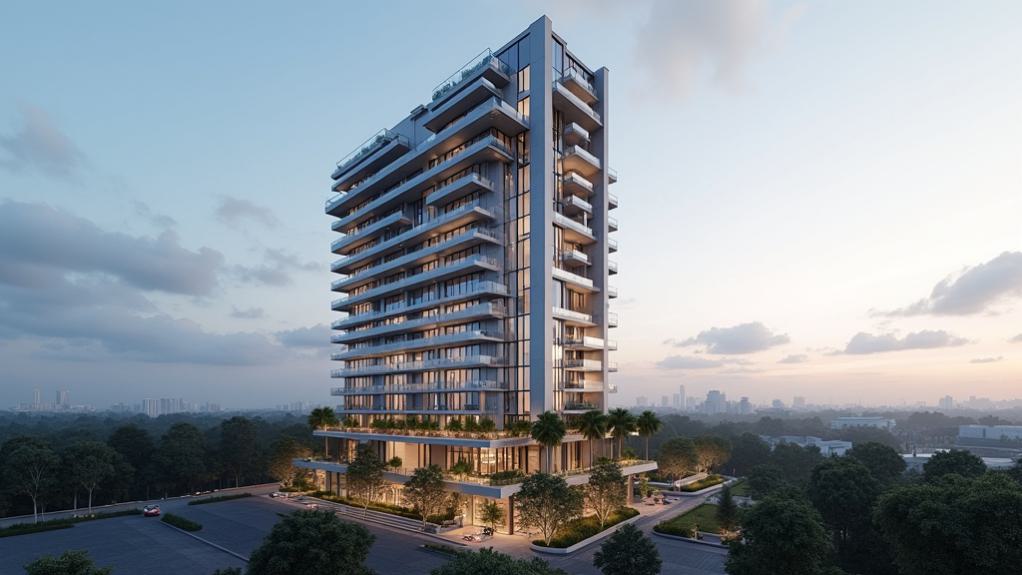When maneuvering Singapore’s residential property market, prospective buyers often find themselves deliberating between private condominiums and Executive Condominiums (ECs), two distinct housing options that cater to different demographic segments with varying financial capabilities and long-term objectives.
The traditional perception has been that ECs, with their subsidized land costs and potential CPF housing grants, represent the more economical option, typically priced 20-30% below comparable private developments. However, recent market dynamics have begun to challenge this longstanding assumption, creating scenarios where private condominiums may present the more financially prudent acquisition.
The shifting landscape of Singapore’s property market upends conventional wisdom about EC affordability versus private condominium investment potential.
The narrowing price differential between these property classes stems from several concurrent market forces. Rising land prices for EC sites have driven developers to increase selling prices, with average EC rates now ranging from $700-$900 per square foot. These properties are specifically designed for the sandwiched class who earn too much for public housing but find private condominiums financially challenging.
To qualify for an EC, applicants must meet a household income ceiling of $16,000 as of 2023, which limits the pool of eligible buyers compared to the private market.
Simultaneously, cooling measures have moderated private condominium price growth in certain non-central regions, creating pockets of opportunity where the entry cost gap has diminished considerably.
Financing restrictions further influence the affordability equation. Private condominiums are subject only to Total Debt Servicing Ratio (TDSR) limitations, whereas EC purchases must comply with both TDSR and Mortgage Servicing Ratio (MSR) requirements, potentially constraining buyers’ loan eligibility and purchasing power.
This financing flexibility may offset the initial price premium associated with private developments for certain buyer segments.
The immediate rental income potential of private condominiums provides another significant financial advantage. Unlike ECs, which cannot be leased during the mandatory 5-year Minimum Occupation Period, private units offer immediate rental yields, potentially offsetting higher mortgage payments.
Additionally, private developments face no restrictions on buyer eligibility, maximizing the potential resale market and exit liquidity.
While ECs convert to private status after ten years, possibly yielding stronger appreciation, this delayed privatization must be weighed against the immediate benefits of private ownership.
For buyers with sufficient financial resources and no eligibility constraints, the current market conditions have created scenarios where private condominiums may represent not merely a luxury alternative, but potentially the more financially sound investment proposition.
Private condominiums in areas like Geylang can offer particularly attractive rental yields of 4.5-5%, making them compelling investment options compared to ECs, which cannot generate immediate rental income.





